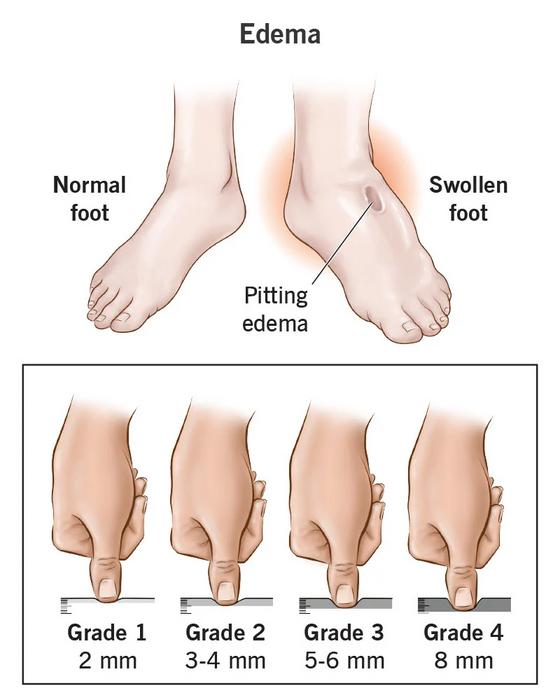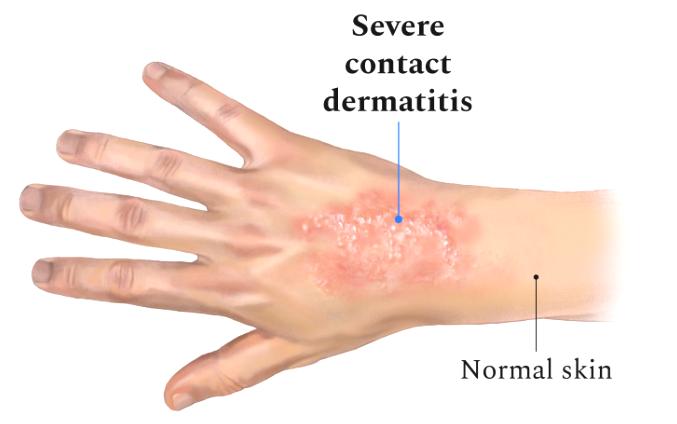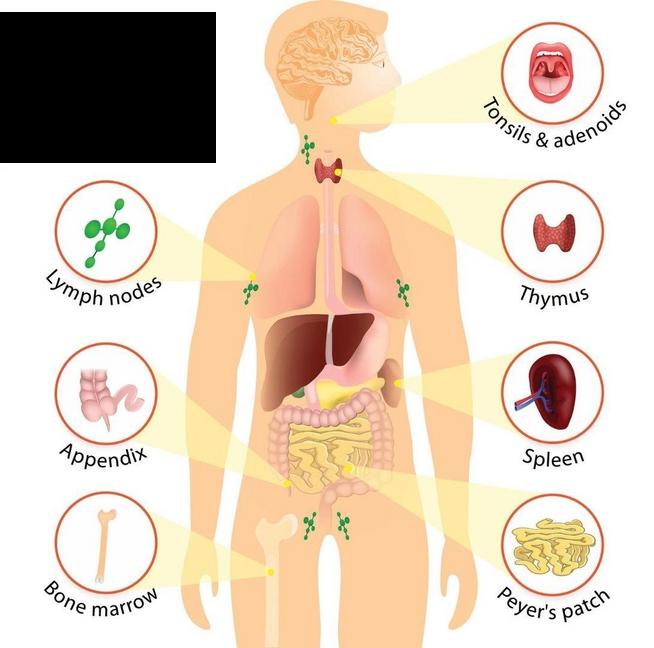
4 minute read
INTRODUCTION
The lymphatic system is a network of vessels, nodes, and organs responsible for maintaining fluid balance, aiding immune function, and eliminating waste products from the body. It works with the circulatory system to ensure proper fluid circulation and immune response Understanding the lymphatic system's role is important when considering non-invasive body contouring techniques, as some methods aim to optimize lymphatic drainage and enhance fat cell elimination Here are some key points about the lymphatic system about body contouring:
It
Advertisement
is imperative
one knows the significance of understanding the Lymphatic System in the Beauty Industry
This article underscores the significance of comprehending the lymphatic system in the beauty industry. It stresses the importance of moving beyond external treatments and delving deeper into the body's inner workings to improve genuine beauty and wellness. Beauty therapists can unlock a new level of radiance and sculpting effects by utilizing lymphatic drainage techniques Furthermore, understanding the lymphatic system helps promote optimal fluid flow, reduces inflammation, and nurtures the body's inner vitality, which radiates through the skin

The Importance of a Healthy Lymphatic System
There are several reasons why it's crucial to maintain a healthy lymphatic system:
Immune Function: The lymphatic system is vital to the body's immune response. It contains specialized immune cells identify and destroy pathogens, bacteria, viruses, and abnormal cells A healthy lymphatic system enhances the body's ability to defend against infections and diseases, supporting optimal immune function
Fluid Balance: Maintaining fluid balance is another essential lymphatic system function. It collects excess fluids, waste products, and toxins from the tissues and transports them away If the lymphatic system is not functioning correctly, it can lead to swelling, edema, and discomfort. A healthy lymphatic system ensures proper fluid drainage and contributes to overall well-being..
Detoxification: Eliminating waste products and toxins from the body is a significant function of the lymphatic system. It helps to remove cellular waste, metabolic by-products, and harmful substances from the tissues. An impaired lymphatic system can accumulate toxins, which may affect overall health and increase the risk of various health issues
Nutrient absorption: The lymphatic system is involved in the absorption of dietary fats and fat-soluble vitamins from the digestive system The lymphatic vessels called lacteals in the small intestine collect dietary fats and transport them to the bloodstream, where the body can utilize them A healthy lymphatic system ensures efficient absorption and transportation of essential nutrients.
Tissue health and healing: A well-functioning lymphatic system supports tissue health and healing processes It helps to remove cellular debris, damaged cells, and inflammatory substances from the tissues, promoting faster healing and reducing inflammation
Adequate lymphatic drainage is essential for tissue repair and recovery after injury or surgery.
Prevention of lymphedema: A healthy lymphatic system helps to prevent the development of lymphedema, a condition characterized by persistent swelling, usually in the arms or legs. Lymphed1. Consider breaking up the text into shorter par2 Add specific examples or case studies to illustrate the benefits of a healthy lymphatic system, making the content more engaging and relatable for readers
An unhealthy lymphatic system can contribute to various skin conditions due to its role in waste removal, immune response, and fluid balance. While an unhealthy lymphatic system can contribute to skin and body conditions, it can also be influenced by other factors and underlying causes. Addressing lymphatic system health and appropriate treatment and management of specific skin conditions can help improve skin health and alleviate symptoms If you suspect issues with your lymphatic system or experience persistent skin concerns, it is advisable to consult a Healthcare professional or dermatologist for proper evaluation and guidance
Here are some skin conditions that may be associated with impaired lymphatic system function:
Lymphedema: Lymphedema results from impaired lymphatic drainage leading to persistent swelling in the affected limbs or

Cellulitis
Cellulitis is a bacterial skin infection that can occur when bacteria enter through breaks or cracks in the skin A compromised lymphatic system may reduce the body's ability to fight off these infections, increasing the risk of cellulitis. It typically causes redness, warmth, swelling, and pain in the affected area

Chronic edema
Chronic edema refers to long-term fluid retention in the tissues, often affecting the limbs. When the lymphatic system fails to remove excess fluid efficiently, it can lead to persistent swelling, skin changes, and discomfort.

Dermatitis
Dermatitis refers to inflammation of the skin, which can manifest in various forms, such as contact dermatitis, atopic dermatitis (eczema), or seborrheic dermatitis. While the exact cause of dermatitis can vary, impaired lymphatic drainage may hinder the removal of irritants or allergens from the skin, contributing to the development or exacerbation of dermatitis symptoms.

Acne can be caused by inadequate lymphatic drainage, which leads to poor elimination of toxins and clogged pores. When lymphatic flow is sluggish, it can hinder the clearance of sebum, dead skin cells, and impurities, creating an environment that favors acne development

A compromised lymphatic system can lead to dry and dull skin due to insufficient delivery of nutrients and hydration, resulting in flakiness and a lackluster complexion. Inadequate lymphatic drainage can also disrupt the fluid balance, impairing the skin's ability to maintain moisture and nourishment

Tonsils and adenoids are small masses of lymphatic tissue that help to trap and remove pathogens, acting as the body's first line of defense Tonsils are located at the back of the throat, while adenoids are located behind the nose in the upper part of the throat.
The lymphatic system supports immune responses, circulates and filters lymph, and eliminates waste products

Fluid balance: The lymphatic system maintains fluid balance by collecting excess fluids, proteins, and other substances from blood vessels and tissues, transporting them through lymphatic vessels, and filtering them through lymph nodes This helps prevent tissue swelling and maintain proper organ and tissue function.
Immune defense: The lymphatic system plays a crucial role in the body's defense against infections Lymph nodes are small beanshaped structures that contain immune cells that help identify and eliminate foreign substances, such as bacteria, viruses, and cancer cells When an infection or injury occurs, immune cells in the lymph nodes become activated, initiating an immune response to fight off pathogens and support healing


